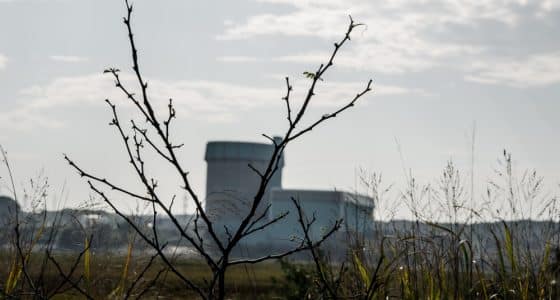Alvin Smith’s malignant mesothelioma diagnosis and death followed years of working as an electrician at various worksites in New York. In pursuing justice on his behalf, his family filed a personal injury lawsuit that named dozens of defendants, including the Long Island Power Authority (LIPA) and Long Island Lighting Company (LILCO). Though the companies attempted to shut his case down based on their privileges and immunities as public authorities, the judge hearing the case agreed with the family that neither had been a public authority at the time of his asbestos exposure.

Asbestos at Power Station Blamed for Electrician’s Mesothelioma
It’s been years since Smith’s death, but his family has continued their legal battle against those companies that they blame for his mesothelioma. Among them is LILCO, which had previously filed a motion to have the case against them dismissed based on an argument that they had not been responsible for supervising his work at their power plant. That motion having been denied, years later they attempted to have the case dismissed again, this time on their present-day status as a public authority.
The motion to dismiss the mesothelioma suit was filed by both Long Island Power Authority (LIPA) and Long Island Lighting Company (LILCO), arguing that the family had failed to bring their claim within the statute of limitations required when suing public authorities in New York: LIPA is a public authority and LILCO is its subsidiary. The family argued against dismissing the case, asserting that LILCO had been a private entity during the time that Mr. Smith was exposed to asbestos at their site, and that the rules regarding public authorities are not retroactive.
Judge in Mesothelioma Claim Notes History of Long Island Power Companies in His Denial of Motion to Dismiss
In rejecting the motion to dismiss the mesothelioma claim, Justice Adam Silvera of the Supreme Court of New York noted that the public authority LIPA was created specifically to remedy the private company LILCO’s conduct, and that LIPA’s responsibilities included closing the nuclear power station where the Smith family says their loved one’s exposure to asbestos took place. He also pointed out that though the companies had submitted caselaw defining the statute of limitations, they had not provided any documentation supporting retroactively applying a statute of limitations to private companies that were acquired by public authorities.
The judge went on to note that previous court rulings have made clear that governmental immunity did not apply to LIPA when it was functioning as part of the private sector, and especially not for conduct that occurred prior to its relationship with a public authority. The case will be able to proceed and the family can continue its quest for justice for their loved one.
If you or someone you love has been diagnosed with malignant mesothelioma, the Patient Advocates at Mesothelioma.net can provide you the guidance and resources you need. Contact us today at 1-800-692-8608 for more information.
